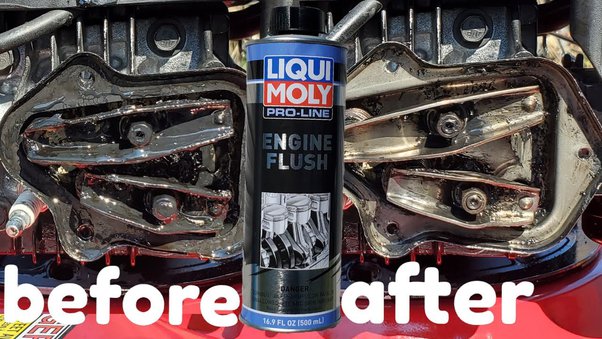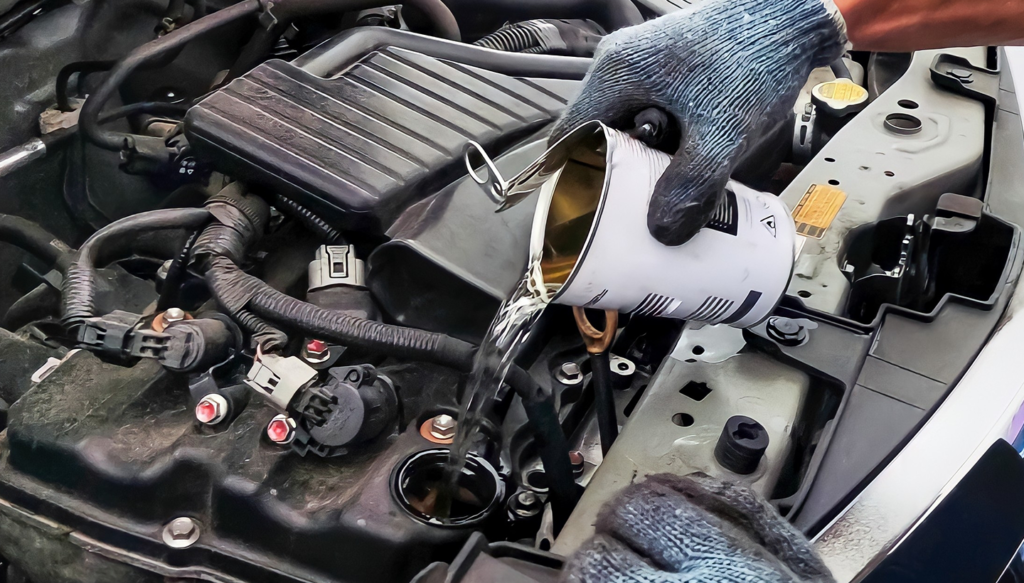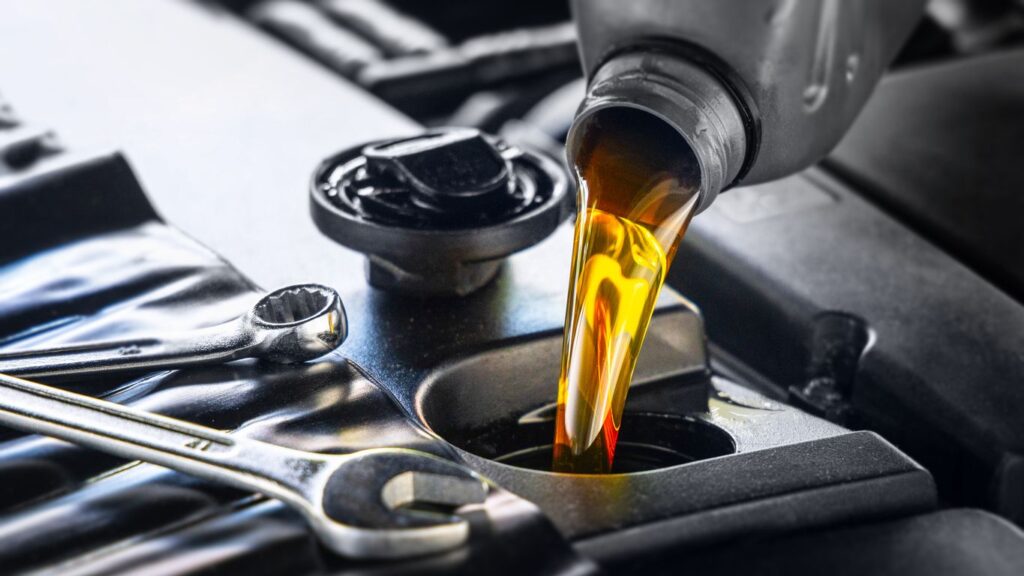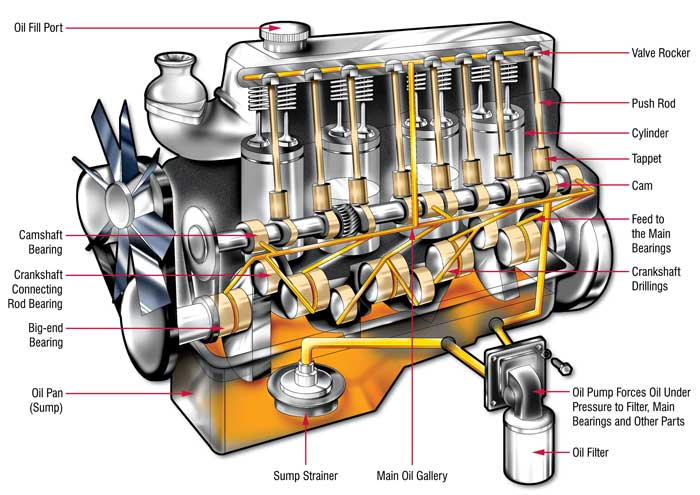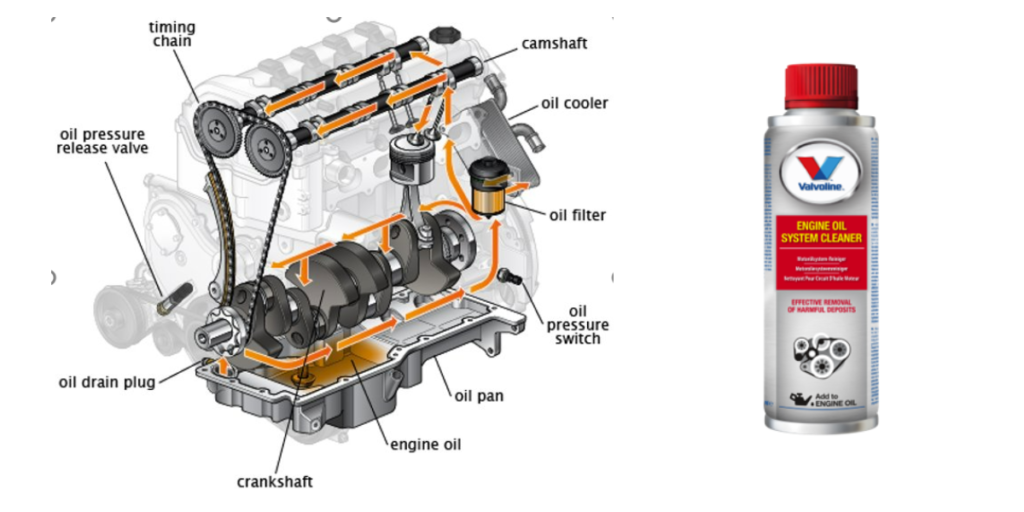Are Engine Oil Flushes Necessary? Debunking the Myth
Engine oil flushes are not necessary for every oil change. While they can provide benefits such as increasing engine performance and reducing wear and tear, they also carry some risks if not done correctly. It is important to understand the pros and cons of engine oil flushes and determine if they are necessary for your […]
Are Engine Oil Flushes Necessary? Debunking the Myth Read More »

